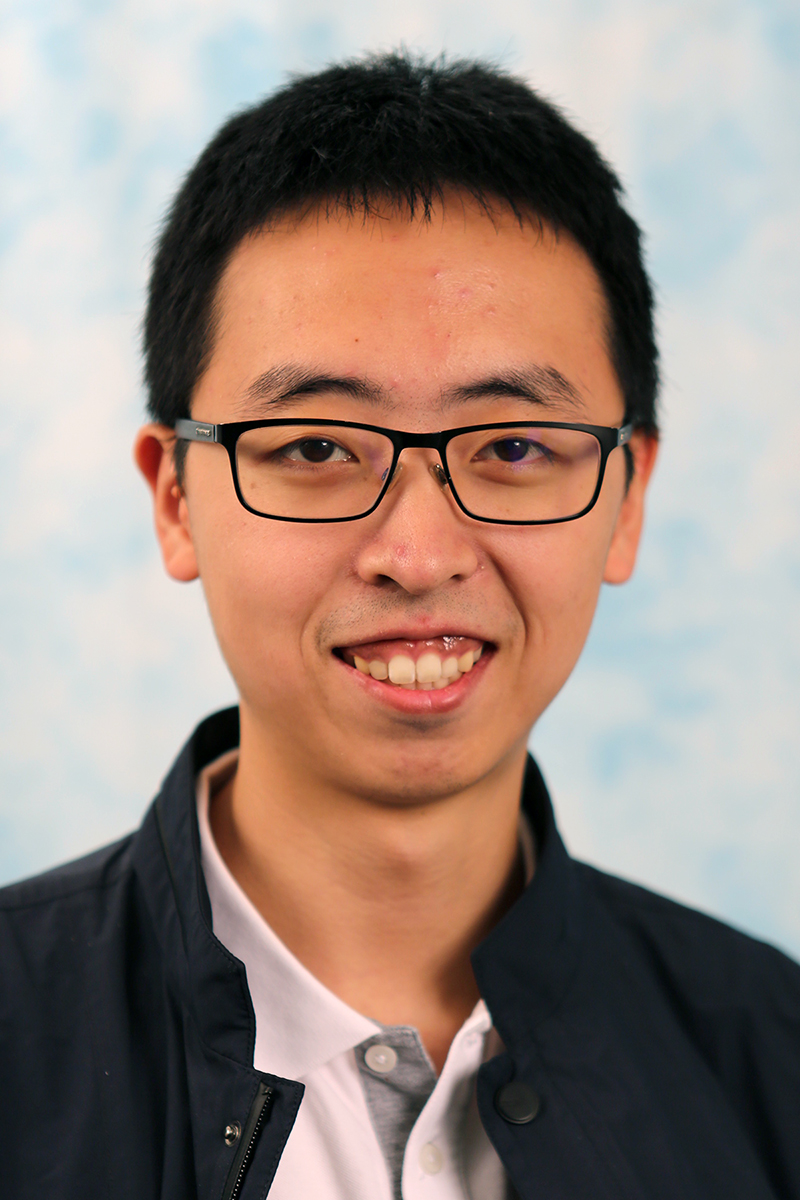Loading view.
Calendar of Events
S Sun
M Mon
T Tue
W Wed
T Thu
F Fri
S Sat
Fabio Pizzati
PhD student
Inria
Chelsea Finn
Assistant Professor
Computer Science & Electrical Engineering, Stanford University
Adriana Kovashka
Associate Professor in Computer Science
University of Pittsburgh
Byron Boots
Amazon Professor
Machine Learning in the Paul G. Allen School of Computer Science, University of Washington
José Luís Silva
Assistant Professor
Science and Technology Department, University Institute of Lisbon
Andrew Owens
Assistant Professor
Electrical Engineering & Computer Science , University of Michigan
Robotics Institute,
Carnegie Mellon University
Carnegie Mellon University
Jacky Liang
PhD Student
Robotics Institute, Carnegie Mellon University
Robotics Institute,
Carnegie Mellon University
Carnegie Mellon University
Maurice Fallon
Multi-Sensor Robot Navigation and Subterranean Exploration
Department of Engineering Science, Oxford University








